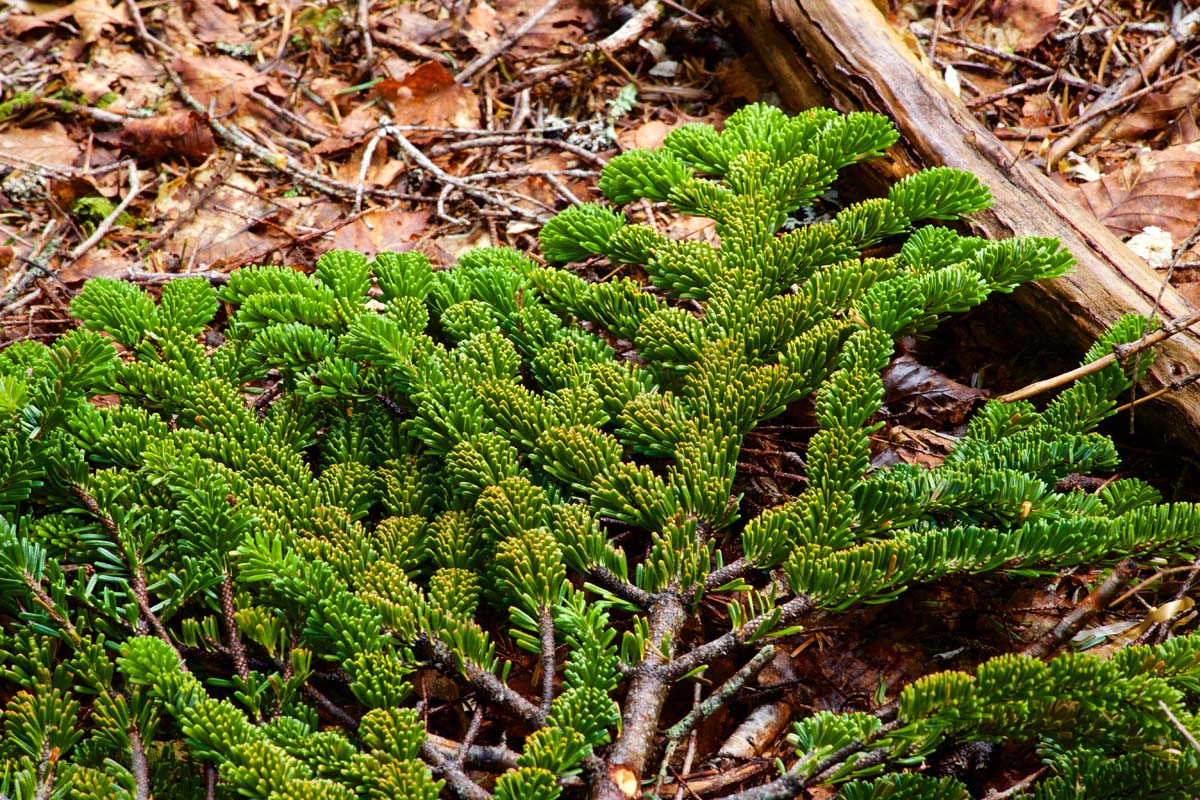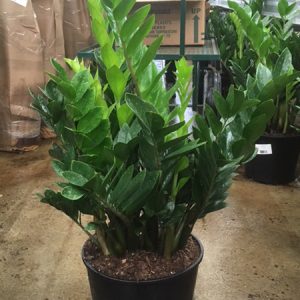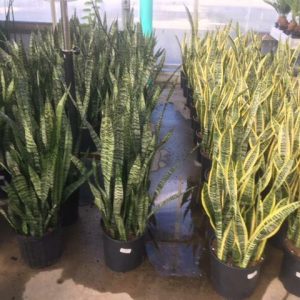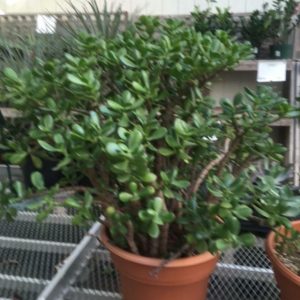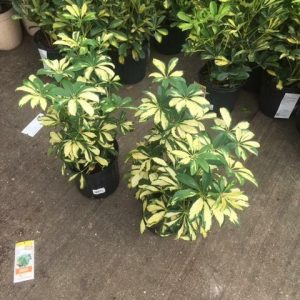Description
Abies- Fir
This mid to large evergreen shrubs and trees, makes them ideal for shurburn areas. They prefer cool-cold climates such as Europe, North Africa, Asia and North America mountainous areas where they escape urban pollution and extreme temperatures although some varies expand into the tropics. These fir’s has long narrow, needles that are distributed equally horizontal and laterally along the twig. Color differs mid to dark green often with grayish white bands underneath. Female cones grow erect on upper branches, which ripen over a year then release seeds.
They prefer sun moist soil or soil with good moisture retention but with good drainage, neutral to alkaline soil. The only pruning needed to be done is to remove dead twigs to insure good circulation.
Prone to adelgids, bark beetles, bagworms and spruce budworms. A wide variety of fungi cause needle blights and root rots. Rust diseases are common.
A. spectabilis – A. brevifola – A. webbiana – Himalayan Fir –Native to the high attitudes of the Himalayas up to 13,000’ feet although not reliably frost hardy. Its needles are in row forming a “V” shape. The needles are curved and tangled 1 ¾” inches long, are dark green with a white-banded undersides. The cones are 6 inches long, barrel shaped and violet purple ripening to brown. Purple dye has been made from its cone scales. In cultivation this cone shape tree grows 60-80’ feet tall.
Zones 7-9

